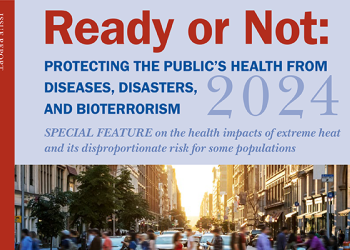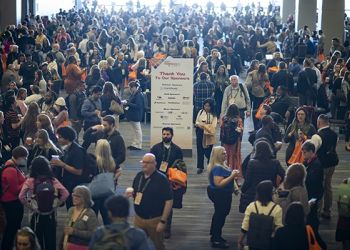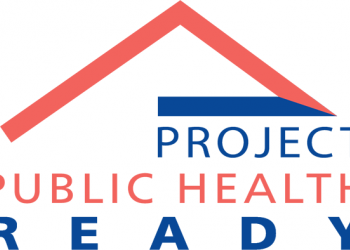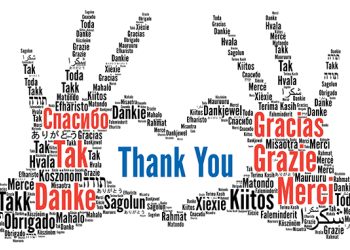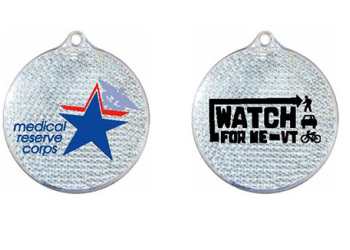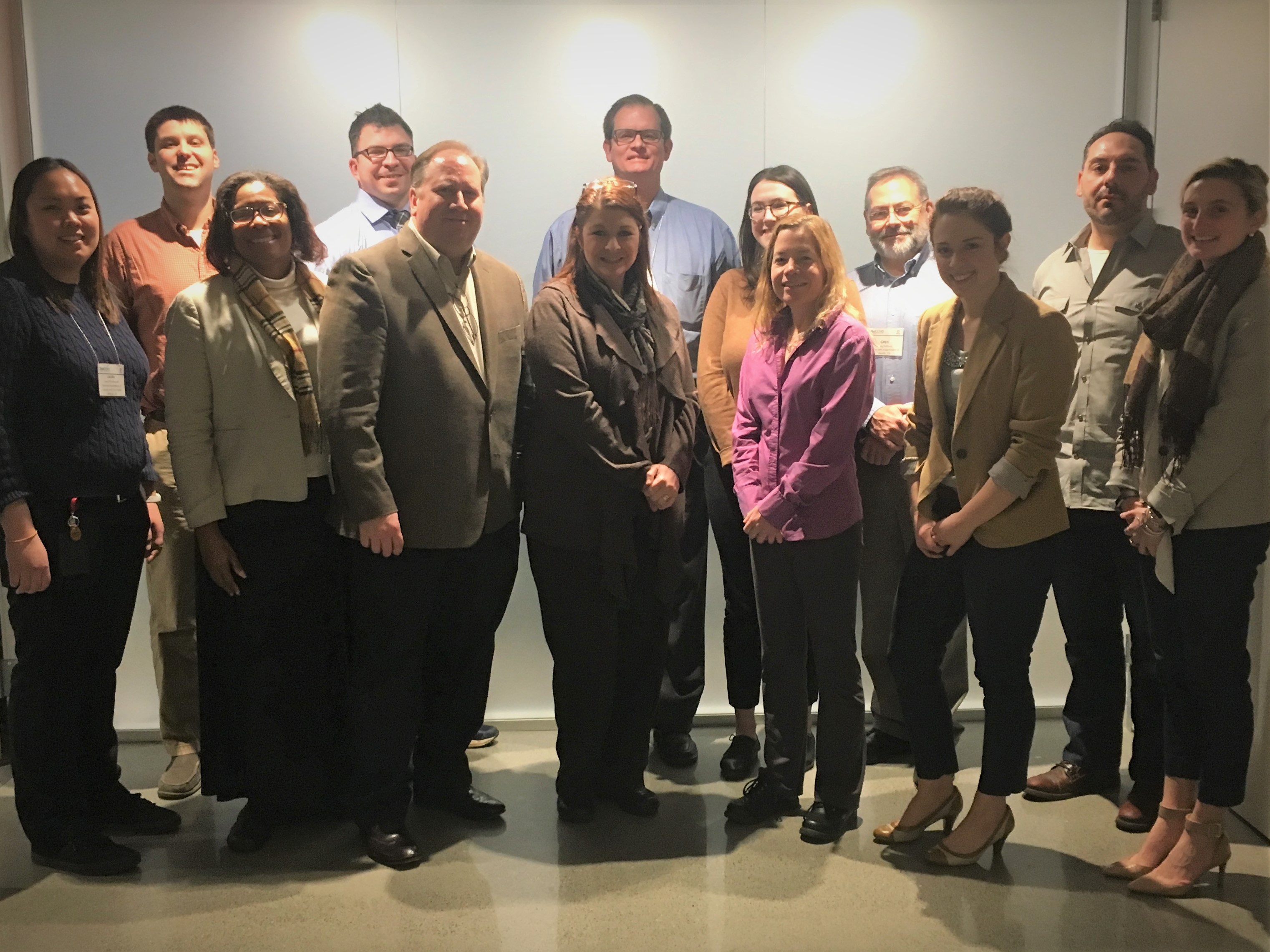
Back row, left to right: Bryan Damis (TX), Alex Weston (TX), Dean Penovich (UT), Emily Blau (NACCHO), Greg Galfano (TN), Greg Stasinos (CO)
Front row, left to right: Gail Hollins (LA), Jeff Walker (VA), Raegan Camuso (PA), Valerie Beynon (FL), Sarah Summers (NACCHO), Madison Ferraro (NACCHO)
Project Public Health Ready (PPHR) is the National Association of County and City Health Official’s (NACCHO) criteria-based recognition program that assesses local health departments’ (LHDs) capability and capacity to plan for, respond to, and recover from public health emergencies. PPHR aims to protect and strengthen the public health infrastructure by equipping LHDs with tools to plan, train, and exercise using a continuous quality improvement model.
Each year, dozens of local health agencies apply to participate in the PPHR recognition program. The program is a prestigious recognition of the highest national standards for local emergency preparedness. The extensive application process can take anywhere from 10-to-20 months and requires an extensive time commitment from the local health agencies applying. NACCHO relies on “state leads” to assist in the coordination of the recognition program.
Who Are State Leads
The state lead plays a critical role as the primary contact between agencies applying for recognition and NACCHO. State leads coordinate the process with applicants from their states, also known as cohorts.
For example, if there are multiple LHDs a state applying for PPHR recognition in a given year, the state lead will oversee the coordination of the PPHR process with the cohort of those LHDs.
While there are no definitive requirements as to what professional role state leads must hold, state leads are often, but not exclusively, state employees. State leads have also been State Associations of County and City Health Officials (SACCHOs) employees and even LHD staff members. Successful state leads have superb project management abilities as well as relationship building, communication and facilitation skills. Most importantly, state leads support the PPHR recognition program.
Why They Matter
State leads plan and execute the application process with their cohort in many ways. They facilitate monthly calls, provide technical assistance and share resources with their state’s cohort. They also provide state-level input, guidance and assistance to local planning efforts for PPHR submission. To make sure the PPHR application is submitted successfully, they ensure the right people are at the table, keep their cohort on schedule, and act as a very important intermediary between NACCHO and applicants. They also help sustain the PPHR recognition program through continuous applicant recruitment and retention efforts. State lead participation is essential to the success of the recognition program.
Benefits of Being a PPHR State Lead
Through PPHR, state leads can create a network of collaboration across their state’s entire preparedness community. State lead participation enhances partnerships with first responders, local emergency management, medical staff, volunteer organizations, etc. Participation encourages collaboration amongst applicants in the same cohort and facilitates sharing of templates, resources, common planning challenges and strategies to overcome them. State leads participate in PPHR because they find the program valuable to their overall state’s preparedness efforts. Dean Penovich, director, Bureau of EMS and Preparedness, Utah Department of Health and state lead for Utah’s cohort says, “PPHR makes our state better prepared for emergencies by giving peer-recognized, best-practice tools to further our planning and response effectiveness. I am confident the investment of time pays off with better plans and response capabilities.”
Training in Washington, D.C.
To better prepare state leads for their responsibilities, NACCHO conducts an annual in-person meeting in Washington, D.C. On January 31and February 1, 2018, 12 state leads representing Colorado, Florida, Texas, Tennessee, North Carolina, Louisiana, Virginia, Utah, and Pennsylvania attended the training which included an overview of the PPHR program, roles and responsibilities, a detailed debrief of the PPHR criteria, tips for success and available resources. Attendees often find their experience valuable. Valerie Beynon, technical assistance coordinator, Division of Emergency Preparedness and Community Support, Florida Department of Health and Florida state lead says, “This training provided me with excellent information from not only the NACCHO staff but, the other State Leads in attendance, to offer a better PPHR experience for my county health departments.”
NACCHO thanks all past and present state leads in their efforts to sustain the PPHR recognition program.
For more information on PPHR, visit the website here.
For questions or for more information about becoming a state lead, please email [email protected].



